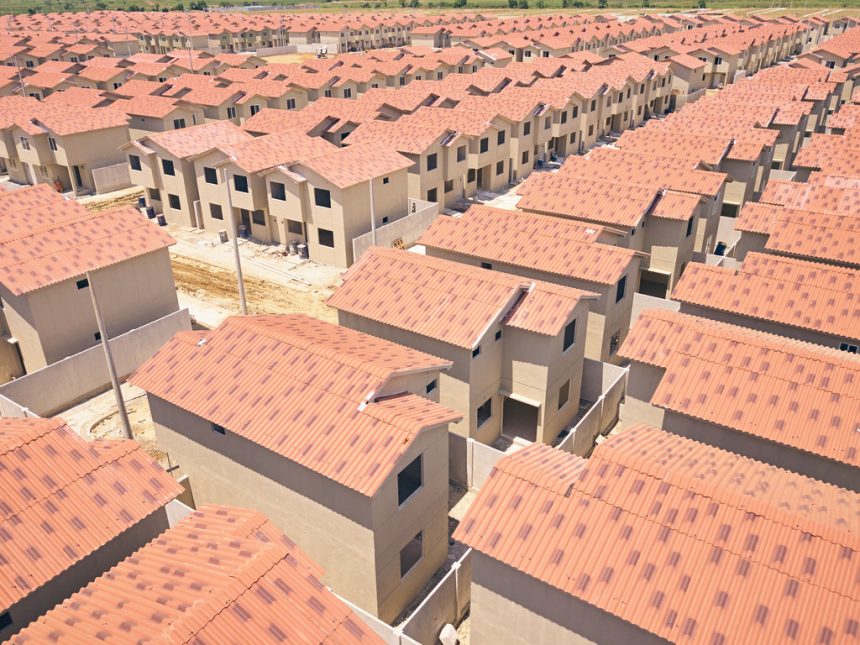By Chuka Uroko
On an incremental basis, concerns are mounting over regulatory oversights and safety of investments that could slow down the current boom in short-let properties across Nigerian cities, especially Lagos, Abuja, and Port Harcourt. Unlike in developed markets where short-term rentals are clearly regulated, taxed, registered, and monitored, Nigeria’s short-let market operates largely in a grey zone.
According to Emmanuel Chiedu, an estate surveyor and valuer, many operators do not pay hospitality or tourism taxes, nor are they registered with regulatory bodies such as the state tourism boards. This lack of structured oversight raises issues around:
•Security of property owners and guests
•Money laundering risks, since payments are often untracked
•Consumer protection, as there are no standards for safety or service quality
•Revenue loss to government, due to uncollected taxes
Experts say the booming demand is driven by increasing business travel, digital nomads, diaspora visits, and the desire for private, home-like accommodation. However, without clear policies and licensing frameworks, the sector may face future crackdowns, disputes, or forced compliance that could affect profitability and investment confidence.
Chiedu stresses that creating a formal regulatory guideline, introducing mandatory registration, and enforcing safety standards would help stabilize the market and ensure sustainable growth.
Source: Punch Newspaper



